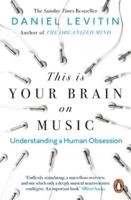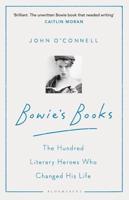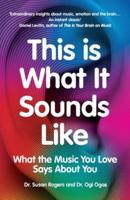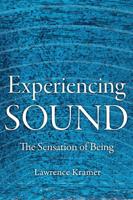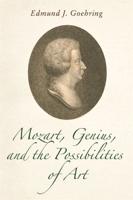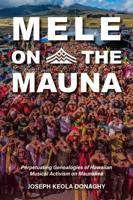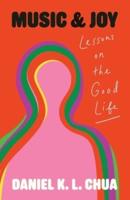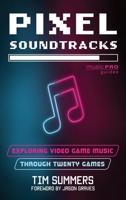Publisher's Synopsis
Theory for Today's Musician, Fourth Edition, recasts the scope of the traditional music theory course to meet the demands of the professional music world, in a style that speaks directly and engagingly to today's music student. It uses classical, folk, popular, and jazz repertoires with clear explanations that link music theory to musical applications. The authors help prepare students by not only exploring how music theory works in art music, but how it functions within modern music, and why this knowledge will help them become better composers, music teachers, performers, and recording engineers.This broadly comprehensive text merges traditional topics such as part-writing and harmony (diatonic, chromatic, neo-tonal and atonal), through literature-based analysis that is practical and accessible to students and instructors. It also covers less traditional topics such as counterpoint and musical process, and includes the non-traditional topics of popular music songwriting, jazz harmony and the blues. The accompanying companion website provides audio recordings and exercises that allow students to practice foundational theory skills. Written by experienced authors, both active classroom teachers for many years, Theory for Today's Musician is the complete and ideal theory text to enable today's student to accomplish their musical goals tomorrow.Updated and corrected throughout, the Fourth Edition includes: Replacement of "Assorted Preliminaries" with "Pitch, Rhythm, Scales, and Keys" as new Chapter One Revised coverage of atonality Interactive text features simplified to a single type: "Concept Checks" Answers to Concept Checks now provided (Appendix B) More women and minority composers represented Charts, illustrations, and musical examples revised and clarified Audio of musical examples improved and provided through the companion website The accompanying Workbook offers exercises and assignments to accompany each chapter in the book. Online Instructor and Student Resources also support the textbook and workbook, including: For students: online tutorials with drills of basic concepts, as well as audio recordings of the musical examples For instructors: An Instructor's Manual with answer keys and guides to using the textbook and workbook in a course.


